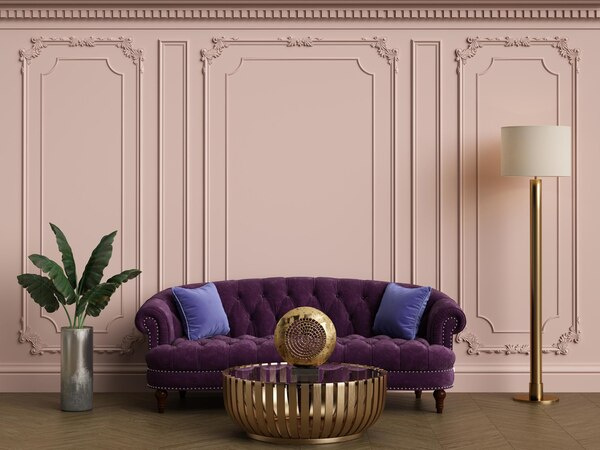A Guide to Sustainable Luxury Furniture
As the world increasingly focuses on sustainability, luxury furniture brands are adapting to meet these demands by creating pieces that are not only elegant but also environmentally friendly. Sustainable luxury furniture combines high-quality materials, exquisite craftsmanship, and eco-conscious practices, resulting in pieces that bring beauty, comfort, and a sense of responsibility to our living spaces. This guide will explore the key aspects of sustainable luxury furniture and how it can enhance your home while contributing to a healthier planet.

1. Understanding Sustainable Materials:
One of the core principles of sustainable luxury furniture is the use of eco-friendly materials. These materials are sourced responsibly, with minimal environmental impact. Here are some common sustainable materials used in luxury furniture:
- Reclaimed Wood: Reclaimed wood is sourced from old buildings, barns, and factories, giving new life to materials that would otherwise go to waste. Each piece of reclaimed wood has a unique history, adding character and authenticity to your furniture.
- Bamboo: Bamboo is a fast-growing, renewable resource that requires minimal pesticides and fertilizers. It is known for its durability and versatility, making it an excellent choice for sustainable furniture.
- Recycled Metal: Using recycled metal in furniture reduces the need for new mining and extraction processes, which can be harmful to the environment. Recycled metal also offers a modern, industrial aesthetic.
- Organic Fabrics: Natural fibers such as organic cotton, wool, and hemp are grown without harmful chemicals, making them healthier for both the environment and the people who use them. These materials are often softer and more breathable than their synthetic counterparts.
2. Ethical Craftsmanship:
Sustainable luxury furniture is not just about the materials used; it also encompasses the way these materials are crafted into beautiful pieces. Ethical craftsmanship means that furniture is produced under fair labor conditions, with artisans receiving fair wages and working in safe environments. This ensures that the benefits of sustainable furniture extend beyond the environment to the people who create it.
3. Timeless Design:
A hallmark of luxury furniture is its timeless design, which transcends trends and remains stylish for decades. By investing in pieces with classic designs, you reduce the need to frequently replace furniture, thus reducing waste. Timeless design also means that each piece can be passed down through generations, becoming a treasured family heirloom.
4. Durability and Longevity:
High-quality construction is a key characteristic of sustainable luxury furniture. Durable furniture is less likely to break or wear out, meaning it will not need to be replaced as often. This reduces the demand for new resources and the waste generated by discarded furniture. Look for pieces with solid wood frames, sturdy joinery, and high-quality finishes that stand the test of time.
5. Eco-Friendly Finishes:
Traditional furniture finishes can contain harmful chemicals that release volatile organic compounds (VOCs) into the air. Sustainable luxury furniture uses non-toxic, low-VOC finishes that are safer for your health and the environment. These finishes include water-based varnishes, natural oils, and beeswax, which provide a beautiful appearance without compromising sustainability.
6. Choose Brands Committed to Sustainability:
Supporting brands that prioritize sustainability can amplify your impact. Many luxury furniture brands are now committed to environmental stewardship, transparency, and ethical practices. Look for certifications such as FSC (Forest Stewardship Council) for wood products, Cradle to Cradle, and Fair Trade, which ensure that the furniture you purchase meets high sustainability standards.
7. Second-Hand and Vintage Options:
Another way to incorporate sustainable luxury furniture into your home is by choosing second-hand or vintage pieces. These items have already stood the test of time and often feature craftsmanship and materials that are hard to find in new furniture. By giving a second life to these timeless pieces, you reduce the demand for new resources and minimize waste.
In conclusion, sustainable luxury furniture offers a unique blend of elegance, quality, and environmental responsibility. By choosing pieces made from sustainable materials, crafted ethically, designed timelessly, and built to last, you can create a beautiful, luxurious home that aligns with your values and contributes to a healthier planet.